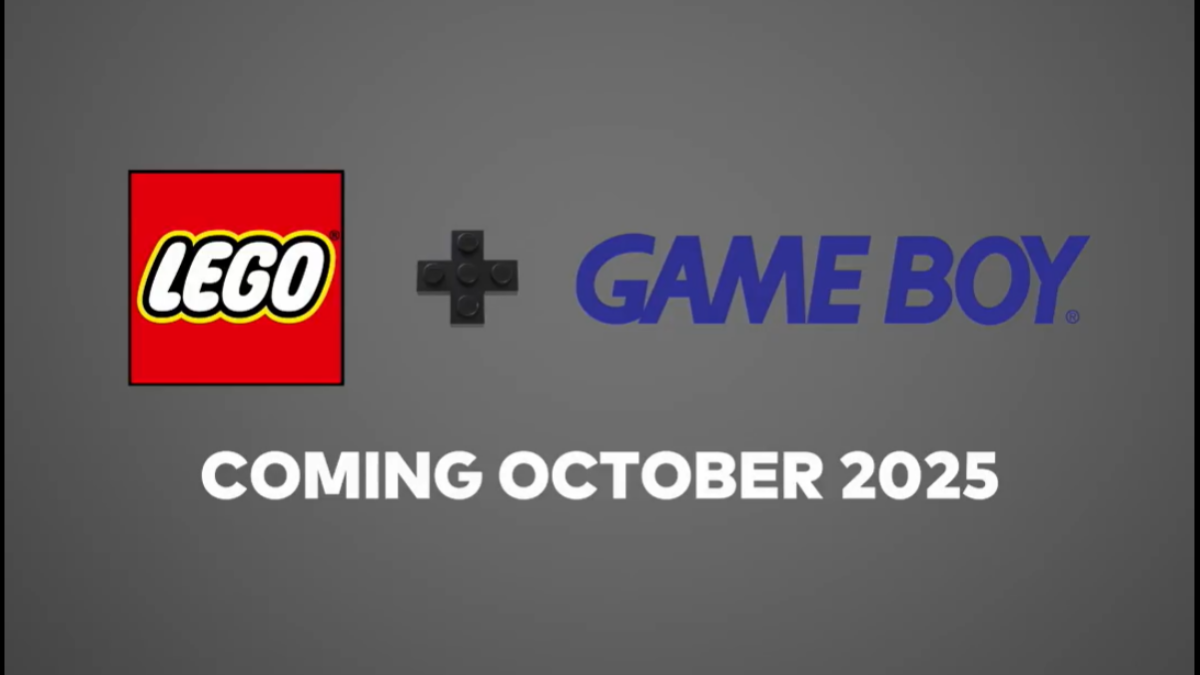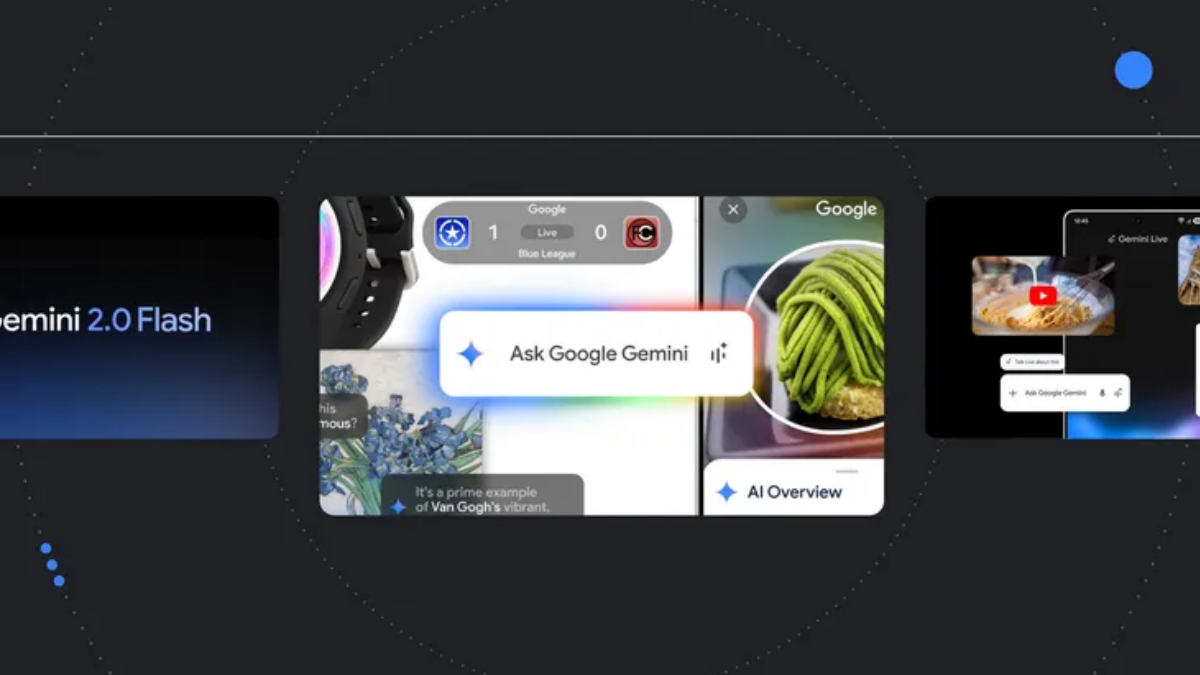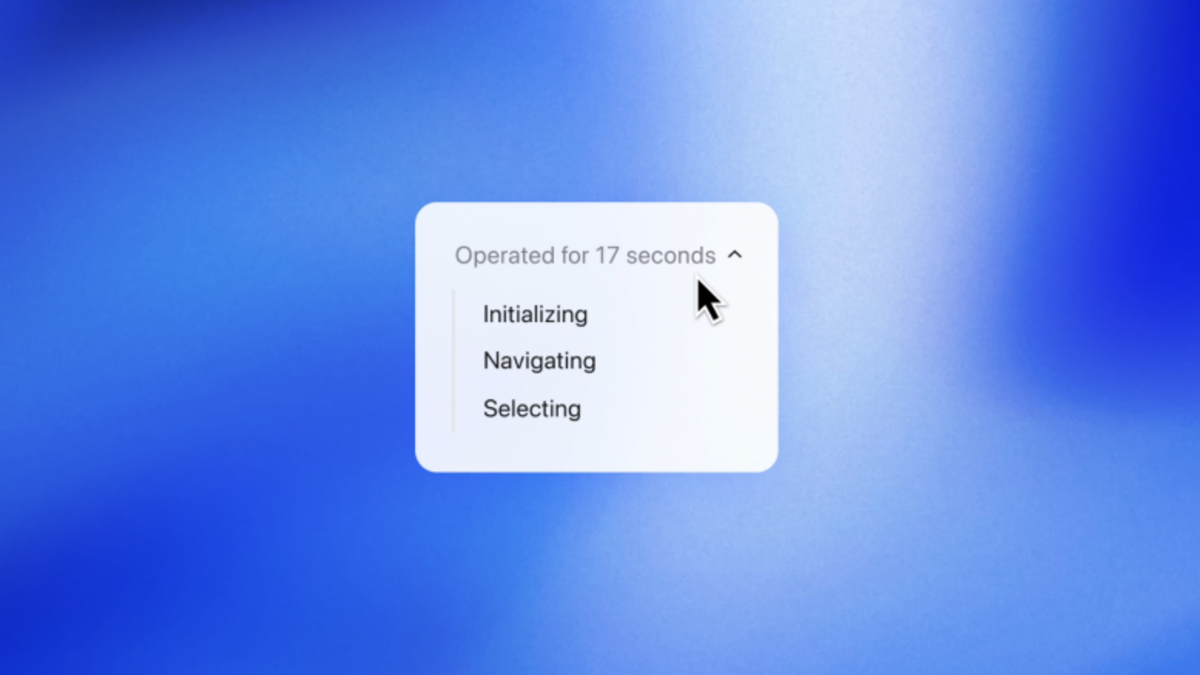Google denies "checking credentials" of web page authors following The Verge's backlash
2 min. read
Published on
Read our disclosure page to find out how can you help MSPoweruser sustain the editorial team Read more

In a recent article, “Google shapes everything on the web,” The Verge explored the implications of Google’s updated E-A-T criteria, focusing on the increasing prominence of detailed author bios and user-generated content (UGC) in search results. Google has since responded, offering clarifications and addressing concerns raised in the article.
The Verge highlighted how publications have responded to Google’s emphasis on “Experience” within E-A-T by adding more specific details and credentials to author bylines. This trend, while aimed at building trust, sparked concerns about potential manipulation and its impact on Google’s algorithms.
In its response, Google firmly denied “checking out credentials” or relying solely on author bios for E-A-T evaluation. They acknowledged the article’s valuable discussion but emphasized the complexity of their algorithms and the challenges of simplifying their inner workings. Google reiterated that the E-A-T assessment involves many factors beyond individual bios, including content quality, backlinks, and user engagement.
In easy words: The Verge, a news website, wrote a story saying Google is “checking out credentials” of writers, like looking at their resumes. Google said this isn’t true; they don’t do that. They use many different things to determine how trustworthy an article is, not just who wrote it.
What’s your take on the point against Google by The Verge?
Here is the post by The Verge.









User forum
0 messages